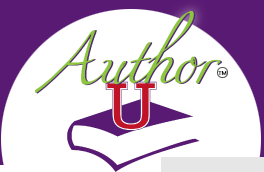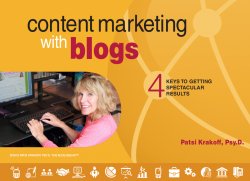 Have you ever felt like a secret agent who knows too much? Hopefully, you’ve learned what to share and what not.
Have you ever felt like a secret agent who knows too much? Hopefully, you’ve learned what to share and what not.
Most educated professionals I know will tell you they struggle when it comes to preparing speeches and writing content.
Content creation, whether for speeches, classes, articles, or web pages, should produce a clear message to influence people. One clear message, that leads to an action, a shift in thinking. Write to teach and persuade.
We know too much! We want to explain everything. When I teach a simple thing like how to write a blog post, I’ve got slides and paragraphs that go back to the invention of the printing press!
When I finally come to the main teaching points … it’s an hour too late and people have gone to sleep.
My solution is to flow chart everything, put it into a PowerPoint and rush through the slides. Not good, and I know better, but my same brain that loves blogging in 350 words goes hog-wild with an hour-long presentation.
Every speech should have only one intention. You’re supposed to build your content around this intention. You may want to educate or entertain, but truth be told, you want to persuade your audience to do something.
The trap is in thinking an hour gives me the opportunity to explore historical perspectives and other things interesting to me. Experts say this risks boring your listeners.
I grabbed a book to refresh my skills. Here’s what a group of smart experts say about this:
If speakers are not careful, they can be at the mercy of negative or destructive intentions. These can include having no clear intention at all, focusing inward rather than outward (audience), or having too many intentions and objectives. ~ Booth, Shames and Desberg in Own the Room
As a result, the audience gets drowned in data, images, peripheral information, and confused about the message.
I’m revising and throwing out slides and cutting it in half. Of course, I couldn’t see this the first time I wrote the presentation, nor could I recognize it the next day. With 3 days of incubation, however, it became as clear as a bad serve in tennis. Clearly I was missing the target area.
Focusing my speech and presentation on one clear objective, will help keep me on target, and will help the audience learn. Too much information only confuses and dilutes the message.
- Define your objectives (teach something, persuade an action, entertain)
- Explain the problem and how it shows up
- Provide 3-5 tips, toward a solution
- Provide stories, examples, client testimonials, social proof
- What do you want the audience to do?
In many ways writing a presentation isn’t that different from writing a blog post, only you may have more time. But don’t use the time to throw in the kitchen sink, by providing everything they need to know.
Stay focused on the one key thing you want them to take away.
What do you think? Do you struggle with writing presentations?














Recent Comments